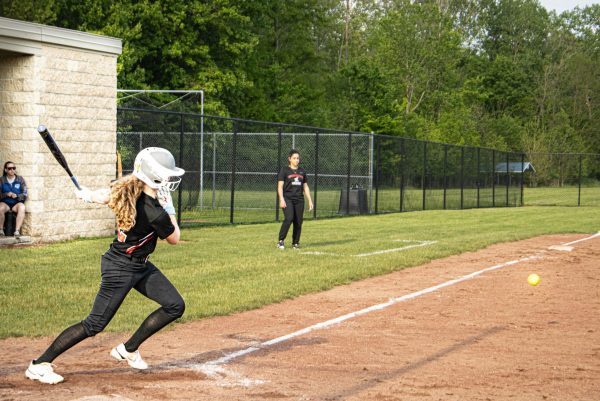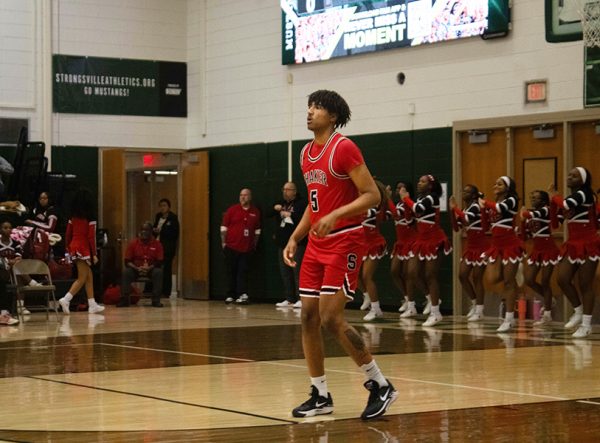Jim Tressel Breaks “Team Chemistry” Down to a Science
In my two years on the Shakerite staff, “team chemistry” has been one of the biggest cliches I could use as a sports editor. The term holds no true definition and it is used loosely to describe the interaction between players on a team, however it is a term that has never held much weight.
On Nov. 5, I travelled to Akron with the Shaker baseball team to have a meet and greet discussion with former Ohio State football coach Jim Tressel. Prior to our visit, we were assigned to read his book, The Winner’s Manual, in order for us to discuss and analyze its ideas with Tressel in a two hour session.
Needless to say, Tressel has enlightened me to a new definition of “team chemistry.” He believes that team chemistry is such a broad term that it is best broken down as a science. Tressel, now the Vice President for Student Success at the University of Akron, believes that the success of a team stems from the aspirations of the individual players, and to respect and embrace the goals of those around you.
“Team science is not taught well,” Tressel said. “Studying team science is studying how to build the team to its full potential.”
The Winner’s Manual is a compilation of ideas from Tressel’s original Winner’s Manual that he distributed to the players on his team yearly. It provides a lot of aid for goal setting, as well as motivational quotes and analysis from the 12-time coach of the year. He emphasizes that the ideas in the book can be utilized by anyone–a businessman, single parent, teacher, etc. It is not centered on the improvement of just football players or athletes.
For me, the book was an inspiration to improve myself in order to benefit the good of my teammates. Tressel said something in our session that especially stood out to me– “Respect and know what you and your teammates are doing and why they have to do it.”
This conveys the general idea of team science. He believes that every human is a little selfish, and that is a keystone to improve on in order to maximize the strength of the individuals and therefore the strength of the team. “If we could become a lot better at becoming selfless,” Tressel said, “we’d have a much better team, and a much better society.”
So I’d love to challenge my readers to find a copy of The Winner’s Manual and ask yourself– “What are you going to do to be a better teammate?”



